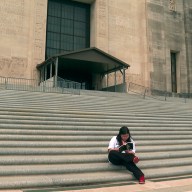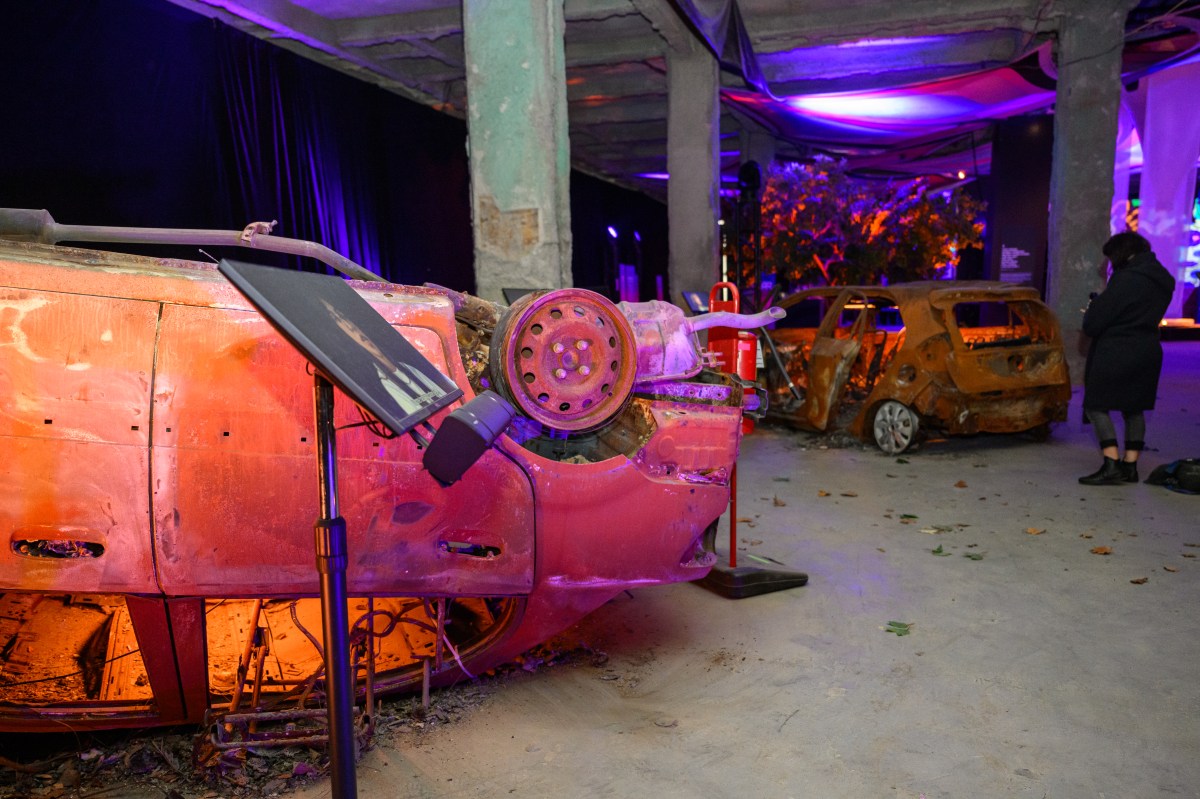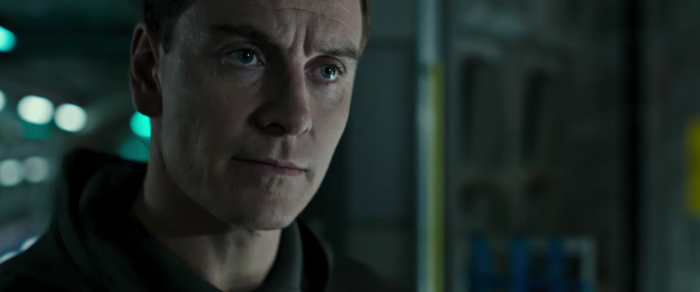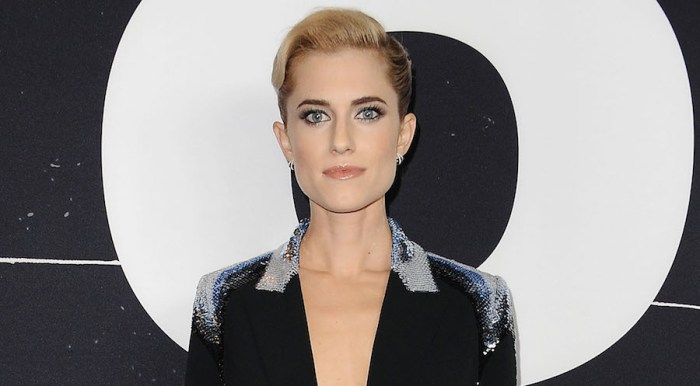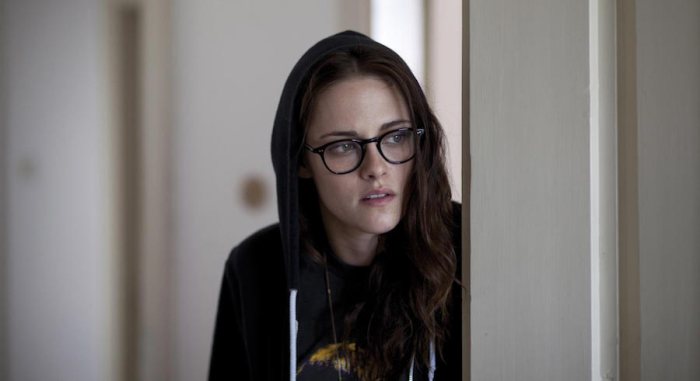In one, hugely significant sense, few have had better luck than Lana and Andy Wachowskis. On one hand, they have a series (“The Matrix”) that flamed out in its sequels, plus two significant bombs (“Speed Racer,” “Cloud Atlas”). On the other, execs keep giving them hundreds of millions of dollars to turn out whatever they want. “Jupiter Ascending” is the latest and possibly loopiest of these — an original space opera that puts funny ears on Channing Tatum as he saves/romances earthling Mila Kunis. Abruptly pushed back from last summer to the dead of early February, it arrives reeking of bad buzz and general confusion. Say what you will about their films — and “Jupiter” may indeed be a dreadful mess — but the Wachowskis should be celebrated at least in theory, not, as they have been in recent years, mocked. Here’s why: They are original
“Jupiter Ascending” is an original idea. That, despairingly, should count for something in an era clogged with sequels, franchises, remakes, reboots and adaptations — and sometimes remakes of adaptations. This crap new world, of course, is partly the Wachowskis’ fault: They turned a decent one-off, “The Matrix,” into a then-innovative world-building multi-media franchise, one that couldn’t help feel smaller the more it expanded. “Jupiter Ascending,” if it’s successful (which it doesn’t look like), could suffer the same fate, but it will still be an idea that germinated in their heads and their heads alone. They aren’t Hollywood yes-people; they are drawing on hits of old to push the business in new directions. They are ambitious
Even when they aren’t original, making movies of recognizable brands, they don’t simply adapt them. “Speed Racer” is their version of the animated staple, trying to find a unique cinematic language that is neither the show nor just a straight-up movie take. And novels rarely come more unadaptable than David Mitchell’s “Cloud Atlas,” with its multiple stories along different time lines (and different patois, including one in semi-impenetrable pidgin English). Even there they didn’t simply adapt it: They diced up the storylines into a three-hour montage, with actors carrying multiple roles. They trusted their audience would be able to follow it with minimal pandering — if only they had shown up. They are progressive techies (in a good way)
There are technological geniuses like Robert Zemeckis, whose latest works have placed dazzling, new-fangled effects well above content. The Wachowskis have always made such gizmos organic to their storytelling. The “bullet time” circle effect in “The Matrix” made sense in a computer world. (The big, endless chase in “The Matrix Reloaded,” however, is a shapeless, if periodically dazzling, mess shoehorned into the middle of a film weighed down with exposition.) They also think in technological ways so progressive they can be, even to today’s audiences, alienating. No film looks like “Speed Racer,” with its smeared blending of live-action and CGI (and sometimes hand-drawn) worlds, where exposition is often communicated via heads spinning across the foreground and characters talking directly to the audience. Punishingly long and exhausting though it is, “Speed Racer” was aiming for a legitimately new kind of cinema that, regrettably or not, didn’t happen. They are progressive socially (in a great way)
Lana Wachowski was formerly Larry, and their films are filled with flips on gender expectations and a general sense of fluid identity. “Bound” was a neo-noir where the tough almost-fall guy was a butch lesbian (Gina Gershon) stealing a moll (Jennifer Tilly) from a gangster (Joe Pantoliano). (And unlike the makers of “Blue is the Warmest Color,” the Wachowskis actually consulted lesbians about getting the sex scene’s moves right.) “The Matrix”’s Trinity (Carrie-Anne Moss) has androgynous hair and clothing. Their masterwork in this department is “Cloud Atlas,” where gender and even race are mutable — where Hugh Grant can be a trophy wife, Halle Berry can be white and Western actors can look Asian and vice versa. Say what you will about the verisimilitude of some of these make-up efforts (which is to say lack thereof), but “Atlas” pitches a utopia where there really are no borders to what we can become. Their admitted drawbacks: The Wachowskis are a bit too enamored with the Joseph Campbell idea of the nobody-turned-savior of whatever, with “The Matrix” setting the stage that would one day lead to “Cloud Atlas,” with five characters who are heroes-in-the-making. And their films — “Bound” particularly excepted — tend to be more defendable in theory than in practice. “Speed Racer,” at nearly 2 ½ hours, is quickly tiring, and “Cloud Atlas” would probably be better with less storyline hopping. But better these than endless, largely interchangeable Marvel entries. Don’t write the Wachowskis off; you’ll miss them when they’re gone. Follow Matt Prigge on Twitter @mattprigge
4 reasons to defend the Wachowskis

Warner Bros. Pictures






